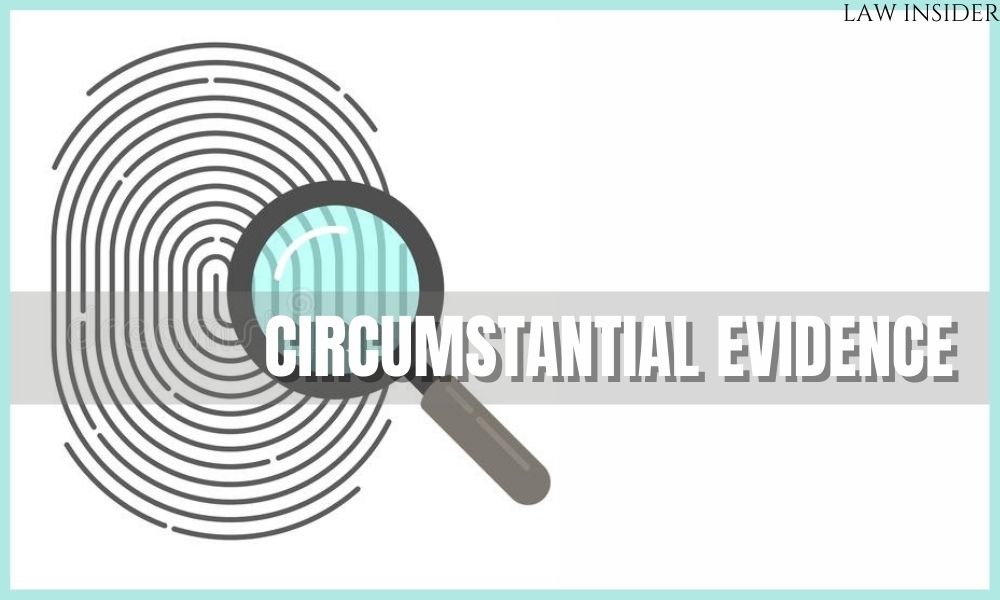Aishwarya Rathore-
Published on: September 15, 2021 at 13:44 IST
The Supreme Court on Tuesday acquitted an accused murderer on the grounds that in case of Circumstantial Evidence where the chain of circumstances has not been established, the failure of the accused to discharge the burden under Section 106 of the Indian Evidence Act, 1872 is irrelevant.
The Division Bench observed, “When a case is based on circumstantial evidence, if the accused fails to provide a reasonable explanation in discharge of the burden imposed on him by Section 106 of the Evidence Act, such a failure may constitute an additional link in the chain of circumstances.”
The Bench further stated, “When the chain is not complete, falsity of the defence is no ground to convict the accused.”
Counsel for the appellant argued before the Supreme Court that except from the Post-mortem report no additional evidence was used by the Trial Court or the High Court to convict the appellant, and a complete chain of events proving the guilt of the appellant was not established.
The Supreme Court acquitted the appellant of the charges after concluding that the circumstances established by the prosecution did not lead to only one possible inference regarding his guilt.
The Trial Court found the appellant guilty of murdering his wife under Sections 302 and 201 of the Indian Penal Code. Later, the Patna High Court upheld the Trial Court’s decision.
Order: https://main.sci.gov.in/supremecourt/2019/26752/26752_2019_14_1501_30114_Judgement_14-Sep-2021.pdf
Also Read: Admission under the Indian Evidence Act, 1872 : How is it different from Confession?

